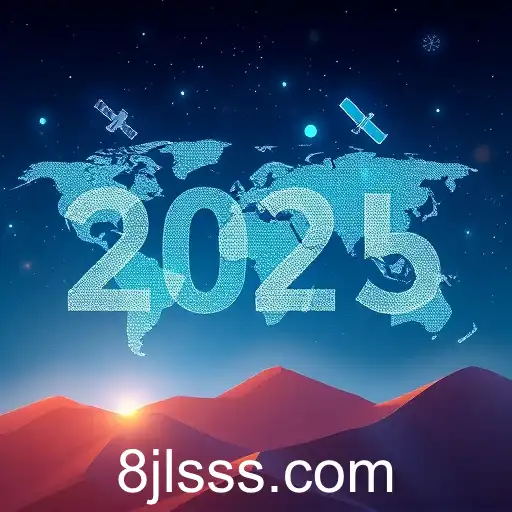
The Evolution of AI and its Impact on Society

As technology continues to advance at an unprecedented pace, artificial intelligence (AI) remains at the forefront of this evolution, profoundly impacting various facets of society. In 2025, AI technologies have further entrenched themselves in both commercial and personal uses, offering insights into their transformative potential.
AI is significantly reshaping industries, ranging from healthcare and finance to education and entertainment. In healthcare, for instance, AI systems are being utilized for predictive diagnostics, enabling early detection of diseases and personalized treatment plans that are more effective and efficient. This has contributed to improved patient outcomes and streamlined operations.
In the financial sector, AI-driven algorithms now manage everything from customer queries through chatbots to complex investment strategies, thus enhancing both customer experience and financial performance. Furthermore, the integration of AI in education has personalized learning experiences, catering to individual student needs and paving the way for adaptive learning technologies.
However, with the benefits come challenges. Discussions around AI ethics, privacy concerns, and the potential for job displacement are more pertinent than ever. The debate on AI governance is intensifying, as policymakers and tech companies alike strive to find a balance between innovation and regulation. Ensuring AI systems are developed and deployed responsibly is crucial to mitigate any adverse effects on society.
Moreover, AI's role in social dynamics cannot be overlooked. It affects interactions at every level, from individual relationships to global communication networks. As AI becomes more integrated into daily life, it raises questions about autonomy and human agency; how much decision-making should be delegated to machines?
Looking forward, the road ahead for AI consists of continuous advancements and the creation of more sophisticated models with enhanced capabilities. As AI tools grow more accessible, they hold the promise of democratizing technology and driving innovation in less developed regions, potentially reducing global inequalities.
In conclusion, AI's evolution in 2025 is not merely a technological advancement but a catalyst for broader societal change. Its impact is profound, influencing everything from industry practices to social norms, and its trajectory will shape the future of our world. As we continue to integrate AI into our lives, it remains imperative to engage in ongoing discussions about its implications.
Gaming Trends Transforming the Industry
Explore the dynamics of the gaming industry as innovative platforms like jlsss revolutionize entertainment.
Gaming Evolution and Community Engagement
Exploring the transformative effects of technology in gaming and its impact on community interaction.
The Rise of Online Gaming in 2025
Exploring the dynamics of online gaming in 2025, with a focus on innovative platforms like jlsss.
 Skip to content
Skip to content





